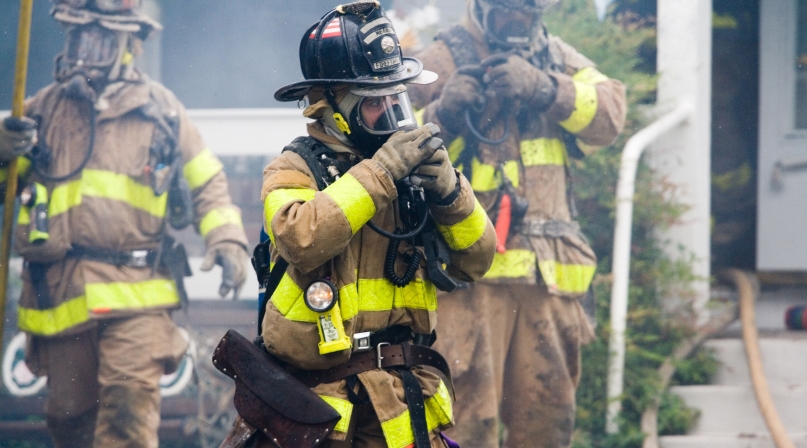Congress reauthorizes critical SAFER and AFG grants until 2030
Author

Brett Mattson

Naomi Freel
Upcoming Events
Related News

Key Takeaways
On June 18, Congress took a significant step in supporting local fire departments across the nation by passing the Fire Grants and Safety Act (S. 870). Pending President Biden’s signature, final passage ensures the continuation and enhancement of the Assistance to Firefighters Grant (AFG) and Staffing for Adequate Fire and Emergency Response (SAFER) grant programs. These crucial programs, facing a statutory termination date of September 30, 2024, have now been extended to September 30, 2030.
Key provisions
The Fire Grants and Safety Act will:
- Authorize $750 million for AFG and SAFER grants annually from FY 2024 through FY 2028
- Extend the sunset date for these programs to September 30, 2030
- Allocate $95 million for the U.S. Fire Administration (USFA) to fund the National Emergency Response Information System (NERIS), develop EMS programs and support efforts to investigate major fires and recommend preventative best practices
Impact on counties
Created in 1999, the AFG program provides essential matching grants to local fire departments to meet their operational requirements, including equipment and training. The SAFER program, established in 2003, supports the hiring and retention of firefighters. Together, these programs have injected almost $16 billion in federal assistance into local fire departments, enhancing their capability to provide fire protection, emergency medical services, search and rescue, hazardous materials incident response and wildland fire response.
For counties, the reauthorization of these grants is crucial. Without AFG and SAFER, local fire departments would lose approximately $700 million annually in federal assistance, which is indispensable for maintaining the safety and readiness of local fire services and the protection and well-being of county residents.
NACo's advocacy
Recognizing their irreplaceable value to county-level emergency services, NACo urged Congress to reauthorize the AFG and SAFER grant programs. In alignment with NACo's 2023-24 Interim Resolution on Preventing the Expiration of the AFG and SAFER Grants, the passage of S. 870 marks a victory for counties nationwide, safeguarding the resources needed to continue providing top-tier fire protection and emergency response services.
County News
Counties reach out to diverse recruits to shore up firefighting teams
Counties across the country, including Wake County, N.C., Kershaw County, S.C. and Mariposa County, Calif., are getting more intentional about firefighter shortages by diversifying their fire services.

Related News

House passes legislation to increase the Crime Victims Fund
On January 12, the House passed the Crime Victims Fund Stabilization Act (H.R. 909) by a voice vote.

CMS requires state Medicaid suspension upon arrest versus termination
Effective January 1, 2026, federal law now requires states to suspend, rather than terminate, Medicaid coverage when an individual is incarcerated.
